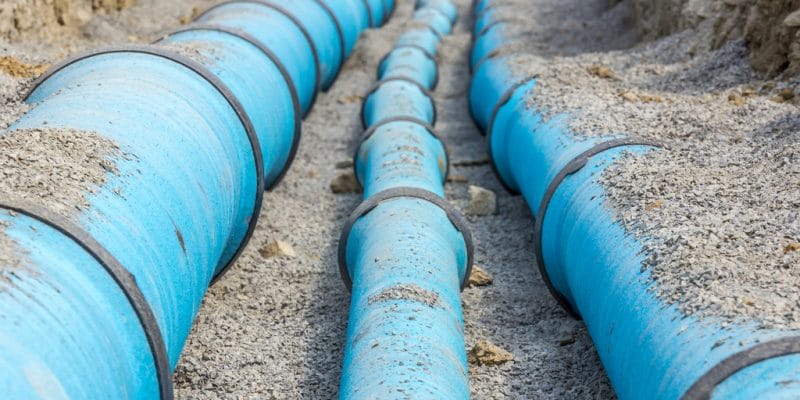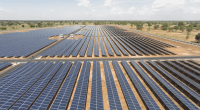Six localities in the subdivision of Lolobo in central Côte d'Ivoire have recently been connected to the drinking water network of the capital Yamoussoukro. The aim is to improve access to this precious resource.
The government of Côte d’Ivoire is continuing its efforts to provide drinking water to all the inhabitants of Côte d’Ivoire by 2030. On the 9th of August 2020, the Minister of Hydraulics of Côte d’Ivoire, Laurent Tchagba, put into service some drinking water infrastructures in the Lolobo subdivision, in the centre of this West African country. New water pipes have been installed to help communities without water to connect to the network in the capital Yamoussoukro, so that they no longer have to travel long distances in search of the precious resource. According to Minister Laurent Tchagba, the amount of drinking water available to these populations has increased from 180 m³ to 510.66 m³ per day.
Six localities of Lolobo are concerned by this drinking water project, namely Sakiaré, Menou, N’débo, Lolobo, Konankoffikro and N’dénou, with a population of about 14,800 inhabitants.
An investment of EUR 485 000
Work to connect the towns of Lolobo to the Yamoussoukro water network began in March and was completed in July 2020. It was financed by the government of Côte d’Ivoire to the tune of 318 million CFA francs, the equivalent of about 485,000 euros. This project is part of the “water for all programme” underway in Côte d’Ivoire since 2017.
The reinforcement of the drinking water system in the city of Abidjan
Still within the framework of the “water for all programme”, the government has recently approved a loan of 10 billion CFA francs (15.2 million euros) from the West African Development Bank (BOAD) granted on July 2, 2018. The funds will be used to finance the construction of two water towers, each with a capacity of 5,000 m³, in the Gonzagueville and Marcory districts of Abidjan. The authorities are also planning to extend the drinking water network of the city of Abidjan by 210 km and to rehabilitate 20 km of old pipes. These works should enable 5,000 social connections to be made.
Inès Magoum







